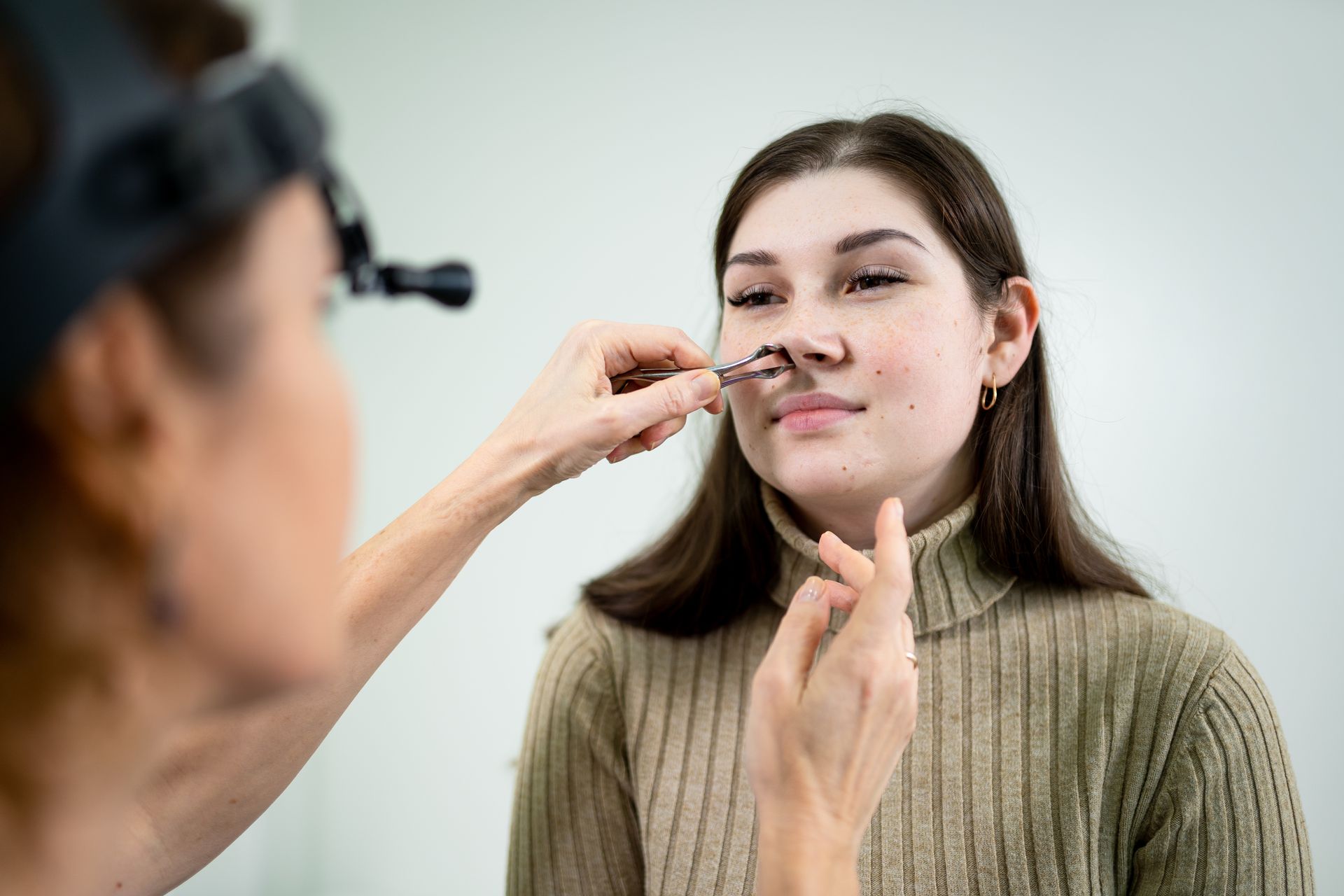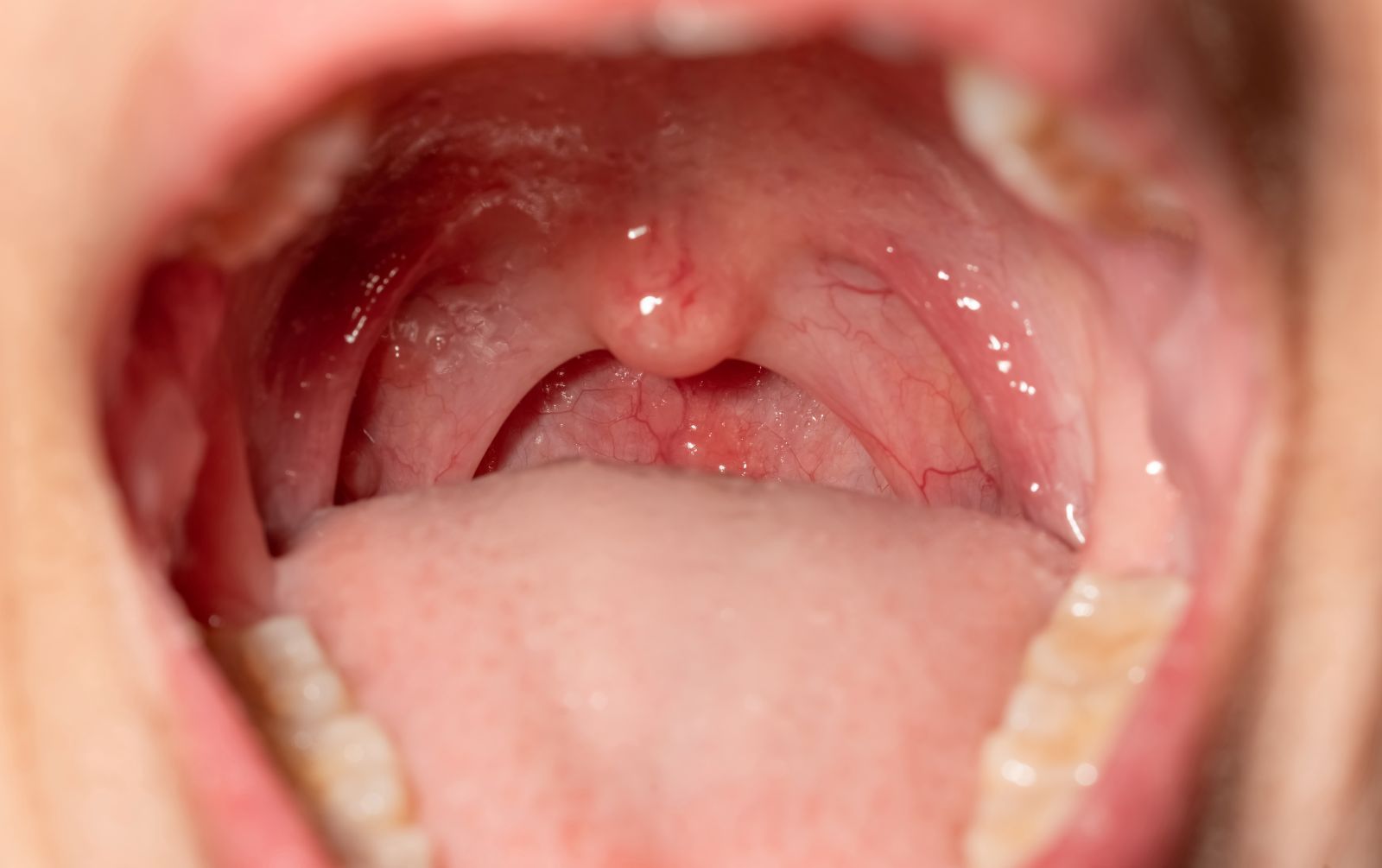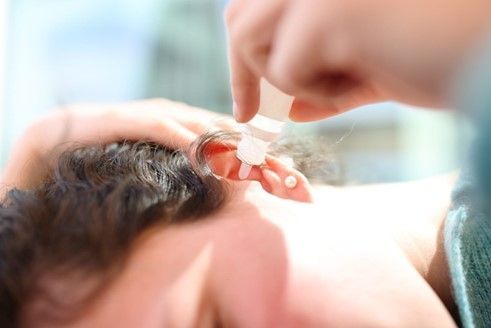What to Expect with Cochlear Implant Surgery
Curious about cochlear implant surgery? From pre-surgery evaluations to post-surgery rehabilitation, we’ve got you covered. This blog will guide you through what to expect before, during, and after the procedure.
Understanding Cochlear Implants
A cochlear implant is a device designed to help patients who cannot benefit from traditional hearing aids. It works by bypassing damaged parts of the ear and sending sound signals directly to the auditory nerve. The implant consists of two main parts:
- External Processor: This is worn behind the ear and picks up sounds from the environment.
- Internal Implant: This part is surgically placed under the skin and connects to the auditory nerve.
Before the Surgery
1. Evaluation
Before you can have the surgery, you will need to go through some evaluations:
- Hearing Tests: These tests will help determine the level of your hearing loss.
- Medical Checkup: A doctor will assess your overall health to ensure you're a good candidate for surgery.
- Imaging Tests: X-rays or scans may be done to look at the structure of your inner ear.
2. Discussion with Your Doctor
You will meet with your surgeon to discuss:
- What the surgery involves.
- The benefits and potential risks.
- What you can expect after the procedure.
3. Preparing for Surgery
Your doctor will give you specific instructions on how to prepare, which may include:
- Avoiding certain medications.
- Not eating or drinking before the surgery.
The Day of Surgery
1. Anesthesia
On the day of the surgery, you will receive anesthesia, which means you will be asleep during the procedure.
2. The Surgical Procedure
The surgery usually lasts about two to four hours and involves:
- Making a small cut behind your ear.
- Placing the internal implant in your ear.
- Closing the incision with stitches.
Most patients go home the same day, but some may need to stay overnight for observation.
After Surgery: Recovery Process
1. Initial Recovery
After waking up, you might feel some discomfort or swelling near the surgery site, which is normal. Your doctor will provide pain relief medications to help manage any discomfort.
2. Follow-Up Visits
You will have follow-up appointments with your doctor to check how well you are healing. If stitches were used, they may be removed during one of these visits.
3. Activation of the Implant
About two to four weeks after surgery, you will return to activate your cochlear implant. This means connecting the external processor and starting your journey towards better hearing.
Rehabilitation: Learning to Hear Again
Once your implant is activated, you will begin rehabilitation:
- Auditory Training: You may work with a specialist who will help you learn how to recognize and understand sounds.
- Regular Checkups: You will have ongoing appointments to adjust the device settings as needed and support your adaptation process.
If you have any questions or need further information about cochlear implants, don’t hesitate to schedule an appointment with an ear, nose, and throat specialist. At Kentuckiana Ear, Nose, and Throat, our team is dedicated to providing compassionate care and guidance tailored to your unique needs. Let us help you on your journey to better hearing!













